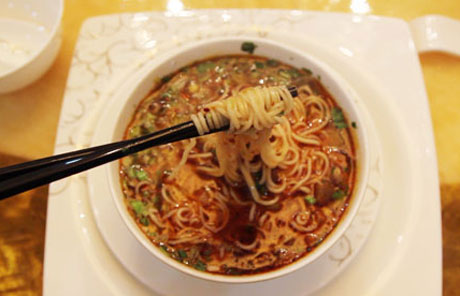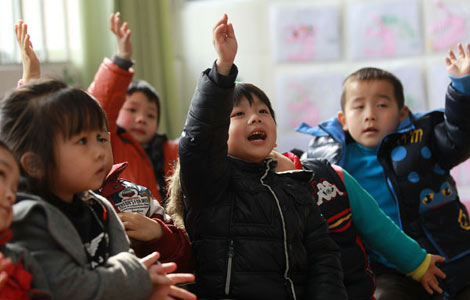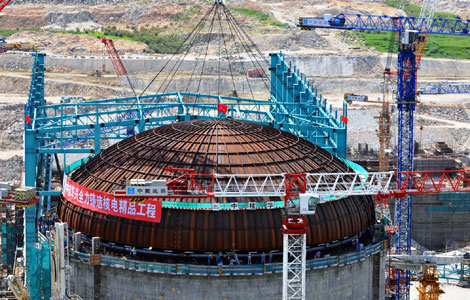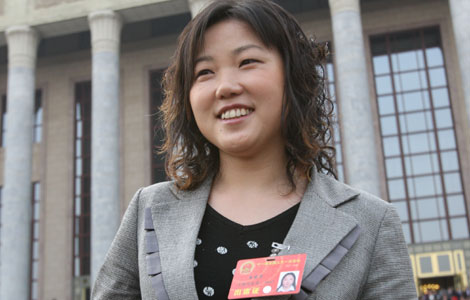Bumper crops mean China can feed itself
Updated: 2012-12-26 03:33
By Jin Zhu and Zhou Siyu (China Daily)
|
||||||||
China increased its grain imports this year, but thanks to consecutive years of bumper crops the country will continue to be able to largely feed itself, a senior agricultural official said on Tuesday.
China's imports of its three main food staples — rice, wheat and corn — reached 10.09 million metric tons in the first 10 months of this year, an increase of 9.29 million tons compared with the same period last year, said Bi Meijia, chief economist of the Ministry of Agriculture. The total imports of the three main grain crops were 3.57 million tons in 2011.
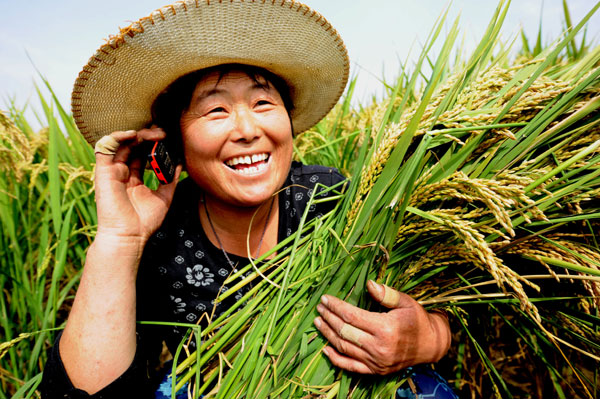 |
|
A farmer in Zhumadian, Henan province, talks to her son on a cell phone about October's good rice harvest. ZHAO XUEFENG / FOR CHINA DAILY |
"China did ramp up its grain imports in recent years, mainly as a result of the increasing domestic need for grains for fodder and industrial use, and the rising demand for more grain varieties," he said at a news conference organized by the State Council Information Office.
The strong surge in imports of the three staple crops has triggered widespread concern about the country's long-asserted goal of maintaining its food security by domestically supplying at least 95 percent of the grains that it consumes.
But both government authorities and analysts said there is no shortage of grain in China.
"The total import volume of rice, wheat and corn now accounts only for about 2 percent of the country's production output. China will surely continue to be largely self-sufficient in grain production," Bi said.
Analysts believed so much was imported mainly because of the big price differences between domestic and relatively cheaper international markets.
They said this price discrepancy was created by the government's minimum purchase price, which shored up domestic grain prices while they declined on the global market due to weak demand as a result of the sluggish economic recovery.
"The government should allow the purchase price some flexibility to fluctuate with international market prices," said Ma Wenfeng, a senior analyst at Beijing Orient Agribusiness Consultant, one of the industry's largest specialist consultancies.

